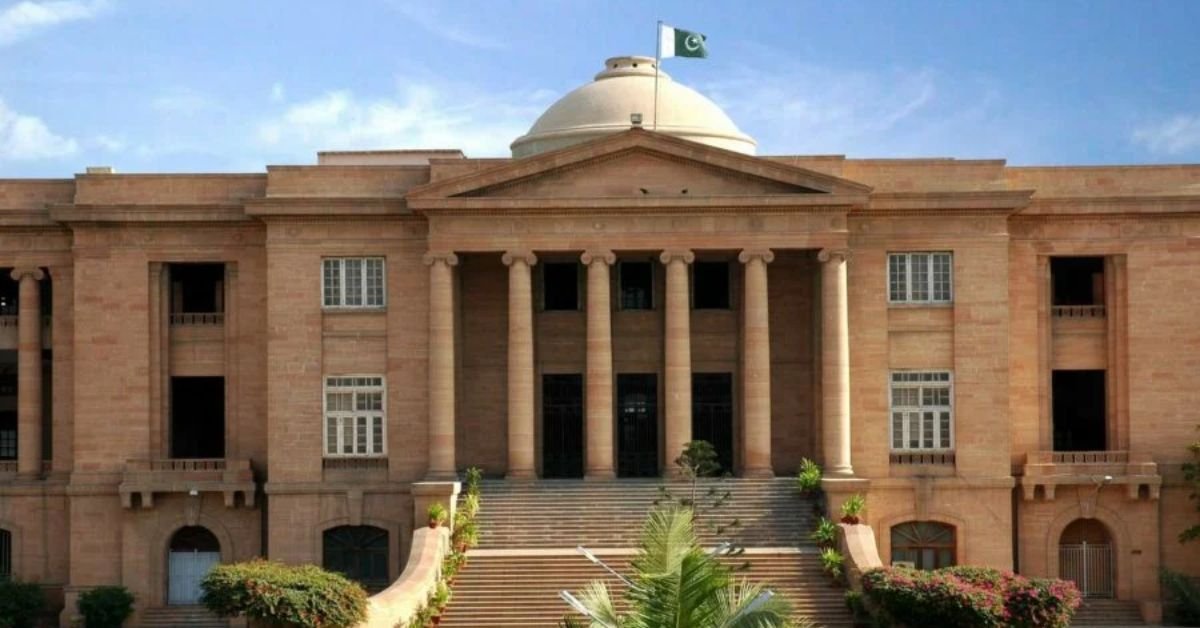Pakistan’s tractor industry is on the brink of collapse following the imposition of a 10 percent sales tax, which has thrown the sector into an unprecedented crisis, according to industry sources.
The potential shutdown threatens the livelihoods of 500,000 families and directly impacts around 200,000 workers employed within the industry.
For seven decades, Pakistan’s tractor industry has been a cornerstone of the national economy, supporting over 200 local parts manufacturers and generating more than $50 million in annual exports. Tractors produced in Pakistan are renowned globally for their affordability and quality, contributing significantly to the National Exchequer and saving valuable foreign exchange.
The crisis began in June 2024, when a 10 percent sales tax was imposed on tractors, ending the industry’s previous tax-exempt status. This shift forced the industry into a refund regime plagued by delays and complications. The Pakistan Association of Automotive Parts and Accessories Manufacturers (PAAPAM) has sounded the alarm, warning that the industry is nearing a complete shutdown due to prolonged delays in General Sales Tax (GST) refunds by the Federal Board of Revenue (FBR) and the complexities introduced by the new GST regime under Statutory Regulatory Order (SRO) 563.
Read More: HEC to hire college teacher interns instead of regular lecturers
PAAPAM reports that nearly 250 direct suppliers to the country’s major tractor assemblers have already ceased operations due to delayed payments for parts. The primary issue lies with SRO 563, which governs GST refunds to tractor assemblers but restricts refunds to farmer buyers only.
The lack of a clear mechanism to distinguish between farmer and non-farmer buyers has resulted in billions of rupees in refunds being withheld by the FBR.
Moreover, the industry is burdened by unpaid legacy refunds under the previous SRO 363, totaling more than Rs. 10 billion since April 2020. The unresolved issue has left the entire industry in a precarious financial state, with assemblers incurring losses on each tractor sold and relying heavily on bank loans to survive. The financial strain has cascaded down the supply chain, affecting raw material suppliers and small and medium-sized enterprises (SMEs) in the engineering sector.
The situation has become so dire that PAAPAM accuses the FBR of holding the entire engineering sector hostage. The potential shutdown of the tractor industry could have devastating consequences for Pakistan’s agricultural sector, which contributes about 23 percent to the GDP and employs 37.4 percent of the national labor force. With around 70 percent of Pakistan’s exports linked to agriculture, the collapse of the tractor industry could severely impact the national economy and threaten the country’s food security.
The industry is urgently calling for the government to streamline the refund process to stabilize the sector and pass on the benefits of the reduced tax to farmers. Without immediate intervention, the industry faces a complete shutdown, with far-reaching implications for both the economy and millions of livelihoods.
















